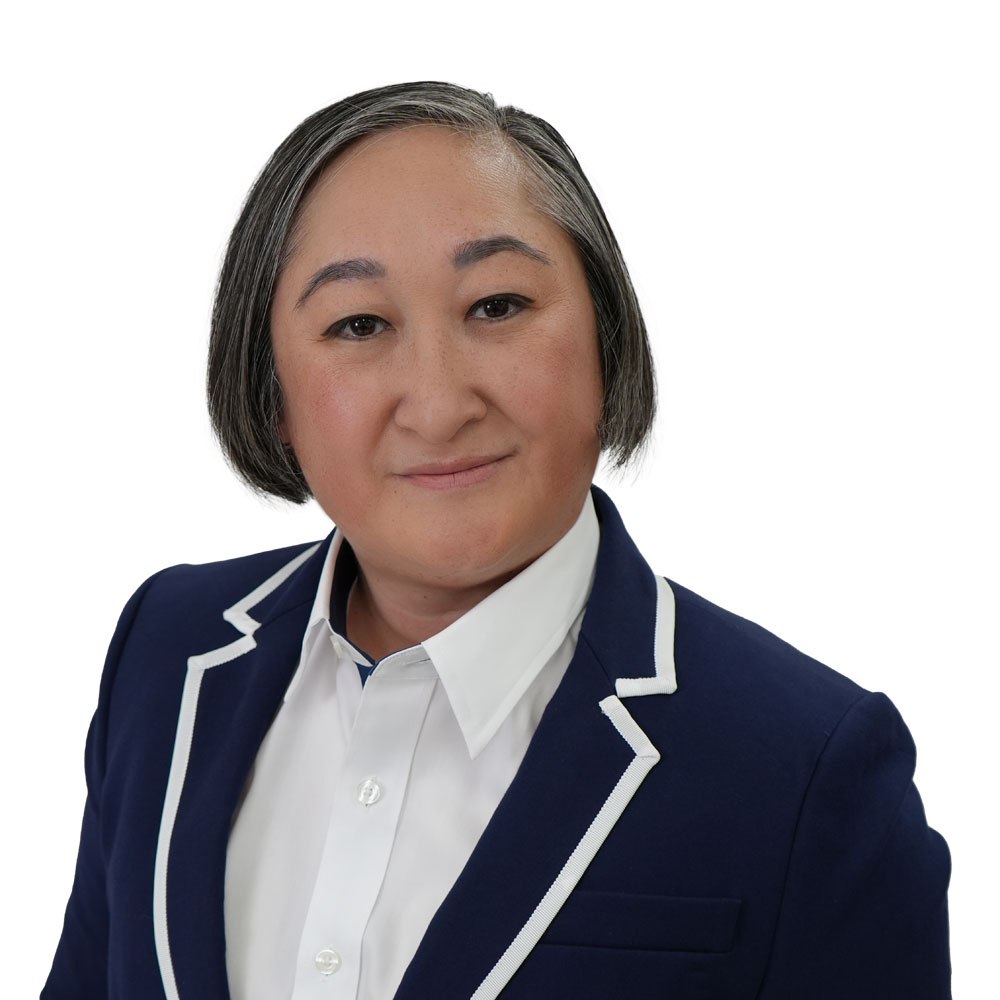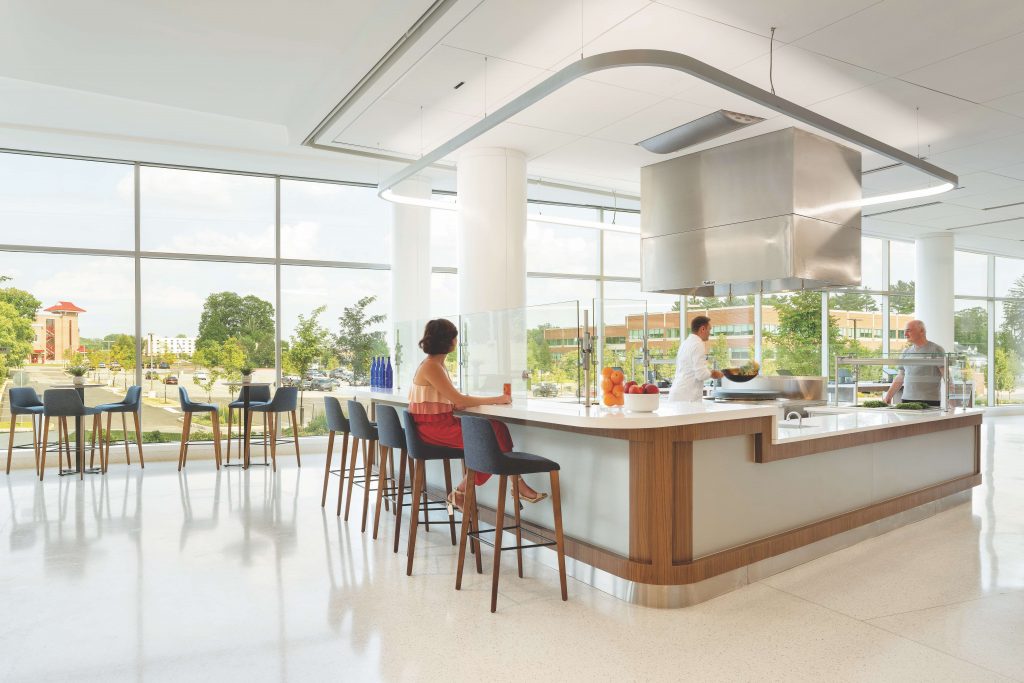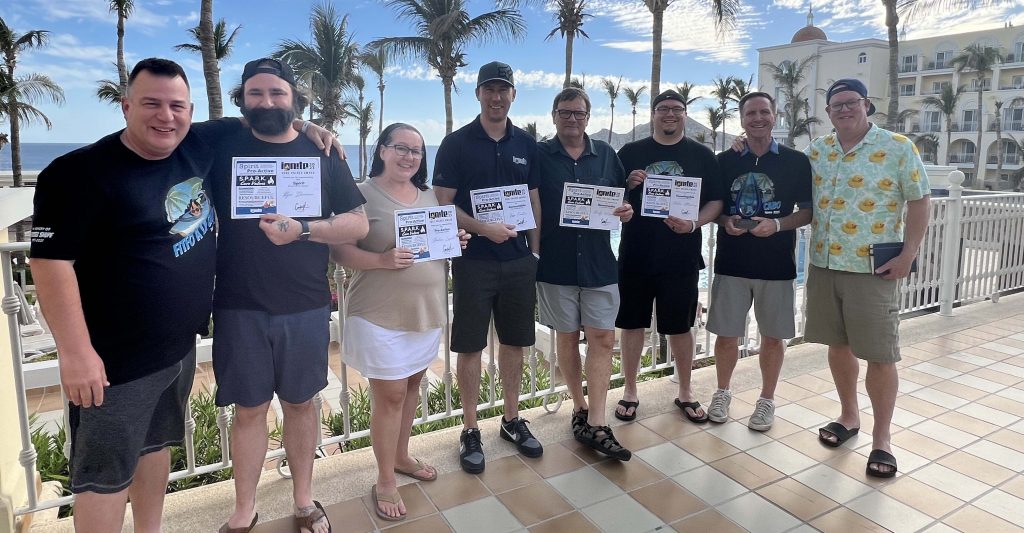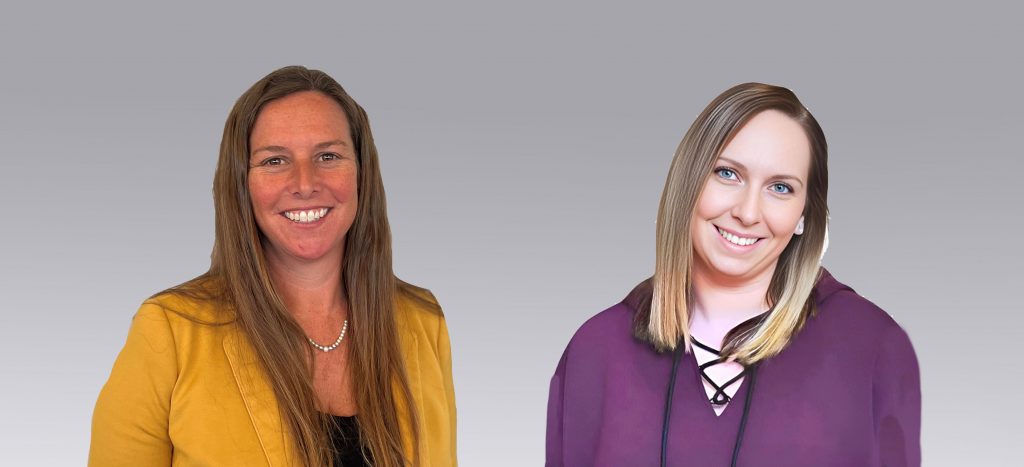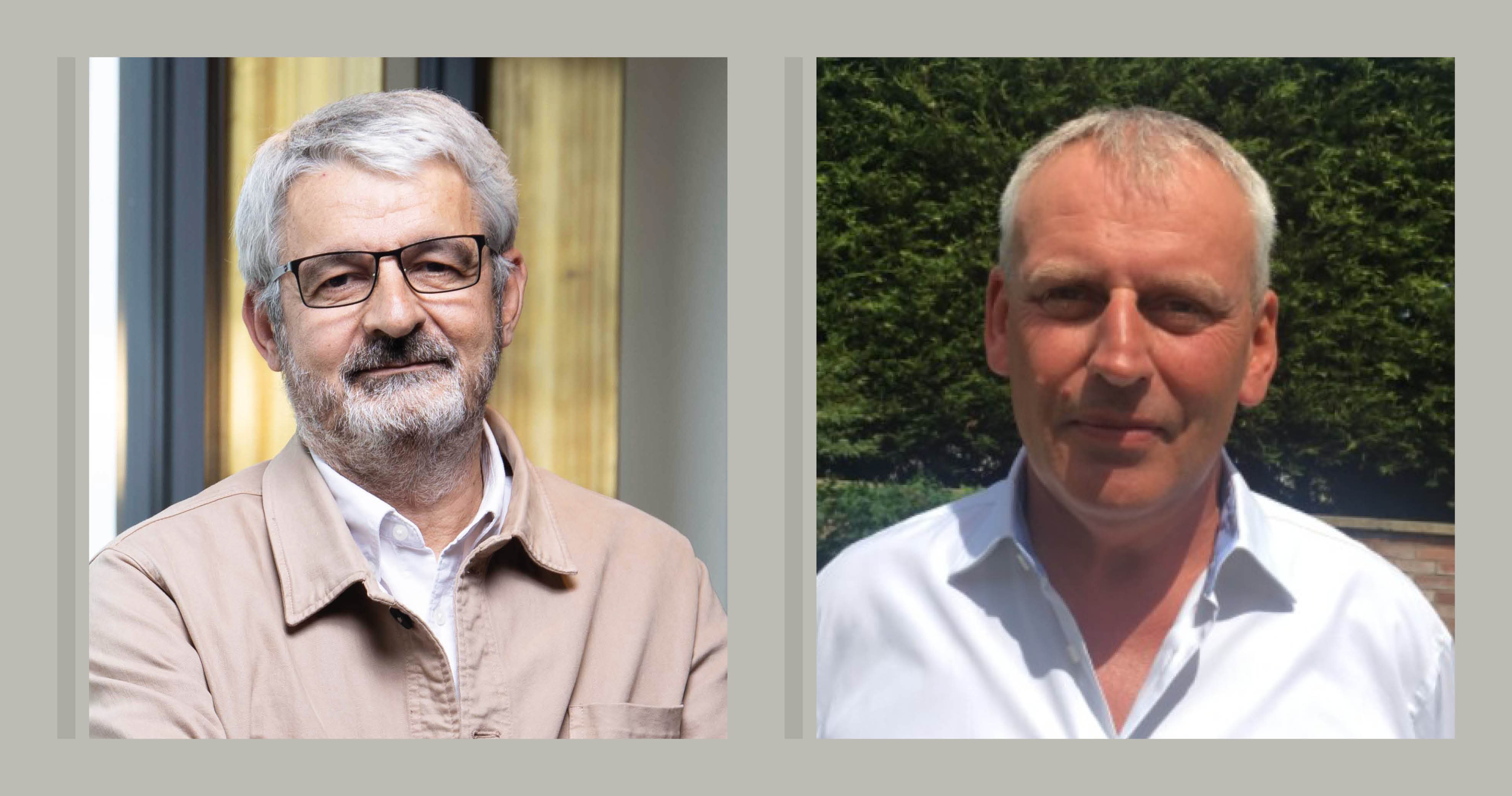
For the second part of the cover story of the most recent edition of FCSI’s Foodservice Consultant, we hear from two professionals who have both faced challenges in their career in foodservice – and found a way to stay in the sector that they enjoy working in.
They are both heavily involved in the work of FCSI and active members of the foodservice industry. Here they talk about making the changes to stay healthy and happy while remaining in jobs that they take so much satisfaction from.
Mick Jary
Specification director, Meiko
UK
Known for his jovial nature and friendly approach to colleagues and friends in foodservice, Mick Jary, specification director with Meiko, is a familiar face at trade shows and industry events.
Not many will know that Jary, the Allied member rep on the FCSI Worldwide Board, has a history as a chef and few will be aware of the challenging journey that saw him move from manning the stoves in the kitchen to working with consultants from a manufacturing perspective.
Jary says he became a chef out of defiance to his parents. He’d wanted to study history at university but his parents insisted he pursued a more academic path such as law. In response he quit school and went to catering college. “My grandmother had two hotels on the Isle of Wight and she worked every hour God gave her to keep them going and she never had any money,” he says. “My mother always told me to never go into catering because I’d end up like my grandmother.”
Dealing with disaster
Yet, this was where he found his passion. “I fell in love with cooking instantly,” he recalls. “Creating a dish that somebody else would enjoy was a great experience.” He worked in country house hotels in his home region of Suffolk in the East of England before moving to London where he worked at several restaurants, including a couple that held Michelin stars.
His career was on the ascent when disaster struck. “I had worked myself up to head chef level and was offered a head chef position with Holiday Inn, but while I was working out my notice period, one night I slipped in the kitchen and landed on a couple of glasses and severed everything in my forearm apart from the bone,” he says.
He spent 14 months having extensive work done on his arm, including tendon transfers and nerve grafts to the hand, but it soon became apparent that he would not regain the dexterity to function at the same level as before. “I had worked as a chef for 16 years and this was very hard; psychologically it took its toll because I just didn’t know what to do,” he says.
Looking back now he knows things could have been worse. Years later, a doctor commented that had he been presented with the accident he would have amputated at the elbow, so despite it all, Jary says he feels lucky. “It does put perspective on it, and it made me realize how lucky I was. I had a brilliant surgeon who had his own physio team and it is only now that I realize the magnificent job that he did.”
Moving on
With the cheffing dreams in tatters, Jary moved first into food buying with a pioneering vegetarian restaurant group and later joined Conran Hotels. Next came a sideways move into sales in manufacturing with Williams. It was during this time he started work with consultants, a relationship that his experience as a chef has prepared him for perfectly.
“I understand how a kitchen works and what a chef would look for from that kitchen and I can have that discussion with the chef as to what he is looking for – the ergonomics and the flow of the kitchen and the necessity to have the right equipment in the right place to do the right job.”
He moved on from the disappointment and embraced new challenges not too long after the accident. “I found peace with it quite quickly and cooking is now a hobby. We have some reasonable meals at home and we do a lot of entertaining,” he says. As for work, staying within the industry has allowed him to keep all the things that attracted him in the first place. “I spend a lot of my time with people who have the same love of food and foodservice as I do.”
Paul Montegut FCSI
Consultant, France
“Foodservice is life, at least a good part of it,” says Paul Montegut, owner of consultancy Restauration Conseil and an active board member of FCSI EAME. “It means food, taste, exploration, friendship, family.”
After 28 years as a foodservice consultant, working on prestigious projects in his home country France and beyond, Montegut was stopped in his tracks. In July 2016 heart problems meant that he had to reconsider his life and work, making changes that would allow him to stay in the profession that had given him so much pleasure.
Before his health forced him to make changes to his life, he says his work was all stress. “I was always late to my appointments, taking too meetings many per day and running from one to another,” he says. “I wanted to sign up all business even if the price was not worth it. Not signing was a kind of defeat for me. My goal was the turnover, so I was selling price not quality or know-how and all clients were good for me.”
Scaling back
Today, his life is very different. First, he decided to stop growing the business and in fact went the opposite way and reduced business in a restructure. “Taking less business is no more a failure and I have enough clients to run the company. I sell a quality service, at a quality price,” he says.
Aside from scaling back the business, the most significant change he made was the approach to his staff. “I decided to take care of the people working with me if the people you work with in the office are themselves stressed, you take the impact of that situation for yourself, so I want them to be happy at work,” he says.
He insists on a work/life balance for everyone. “I push them to work during the working time, no more; I do not accept work on Saturdays, even if they want to. I am mindful of their personal problems, and try to help them when possible, and I cover them if they make mistakes.
“When the company is successful, they have their share of the gains, which is the case almost every year.” Above all, he says, he trusts them, trains them (Revit for example) and pushes them to learn. “If they come to me with a problem, they must also bring at least one solution. We are a team, a good team,” he says.
A fantastic job
Mentoring the next generation of foodservice consultants is central to his work now.
“In France we no longer have a school to learn our job, so it is very important to train people because we need people to do the work,” he says.” I did it all my working life, and some of my former employees now have their own company, or have good positions in other consultancy offices. This generation must now train the younger ones.”
Ultimately, the plan is to start a school for foodservice consultants, he says. “With our union, we are trying to build this. Maybe in two years it will be running. I am part of that project.”
And, of course, he is never late these days. “I take fewer appointments and I try to arrive early so I can have a coffee or a drink before meeting my clients. It doesn’t sound like much, but try it,” he urges.
He did consider not returning to foodservice after his recovery. “I talked to my partner about the possibility of quitting. He said, ‘yes, I understand’. But this is a fantastic job, and I like it. I have been a foodservice consultant since 1988, it is my working life,” he says.
Tina Nielsen

